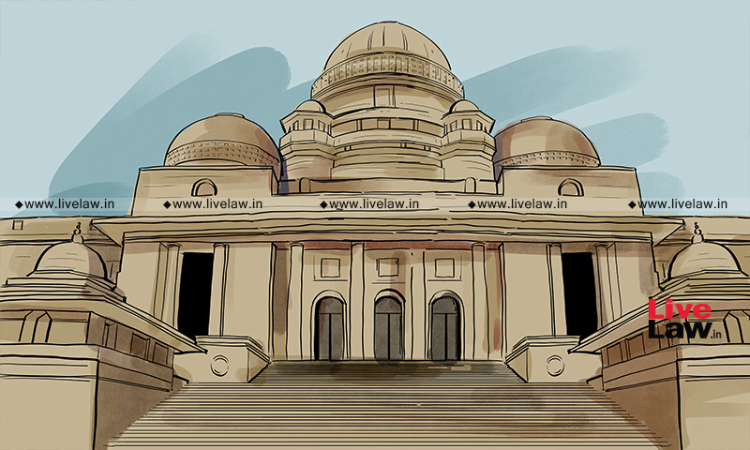S.29A Of Consumer Protection Act, 1986 Valid; Consumer Forums Can Pass Orders Without President: Bombay High Court
Fatima Ansari
12 April 2022 9:54 PM IST

Next Story
12 April 2022 9:54 PM IST
The Bombay High Court recently regarded a challenge to the constitutional validity of Section 29A of the Consumer Protection Act, 1986 – whether the exercise of powers by the District Consumer Forum without the President being its party is illegal? A bench of Justices V. M. Deshpande and Amit B. Borkar answered the question in the negative. The facts leading to this...
